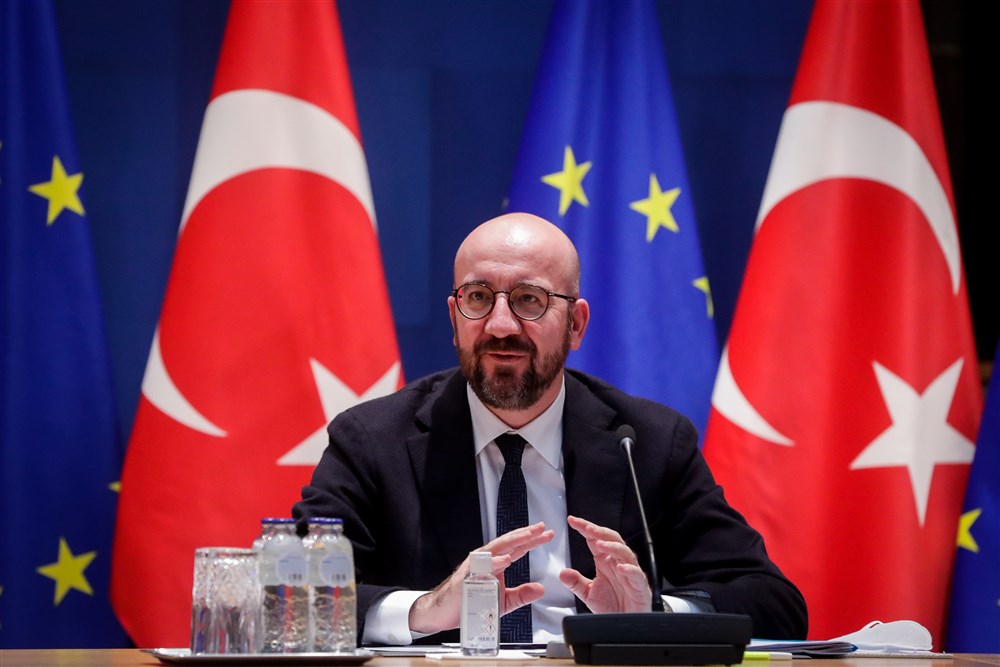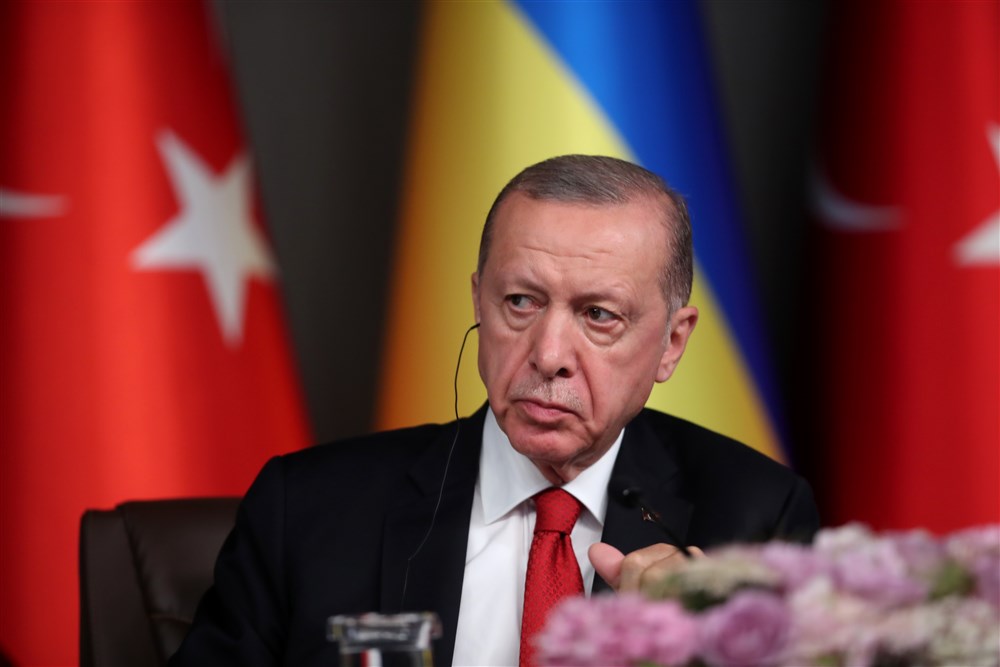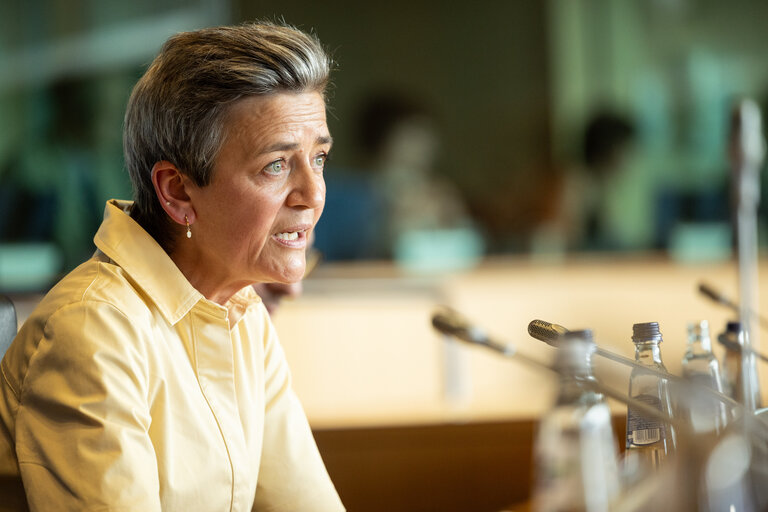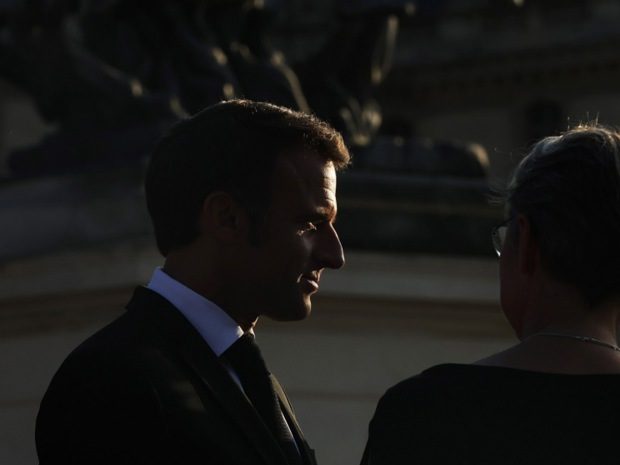MEPs say there is little chance of Turkey joining the European Union anytime soon.
An official report by the European Parliament said that Turkish President Tayyip Erdoğan’s regime will need to undergo “serious changes” before it meets EU membership standards.
Members of the Parliament’s foreign affairs committee said the country will have to look for “alternative ways” of cooperating with the EU.
The report was passed with 47 voting in favour, 10 abstaining and none against.
The EU applicants must undertake a raft a reforms before they are able to enter the bloc as Member States. The process can take years and often become deadlocked. Turkey had itself initially applied in 1987.
Erdoğan recently attempted to get Turkey’s application fast-tracked in exchange for dropping his country’s block on Sweden joining NATO. While many in the EU baulked at this and insisted the two processes be kept separate, the European Council’s President Charles Michel seemed happy to agree.
The EP’s report looks to reaffirm the usual procedures for EU membership.
Socialist Group MEP Nacho Sánchez Amor said that Turkish EU membership “will not happen as a result of geopolitical bargaining”. This echoed similar comments when another MEP referred to Michel’s promises as “horse-trading” during the July Parliamentary Plenary and demanded that he be brought before the Parliament to answer for his apparent agreement with Turkey’s demands.
Amor insisted that Turkey would be able to join the bloc only if it “gets serious” about domestic democratic reforms. The Turkish Government needs to “show real interest in stopping the continuous backsliding in fundamental freedoms and rule of law”, he added.
Since 2016, when Erdoğan was almost ousted in an attempted coup, some have commented that Turkey has grown authoritarian. While Erdoğan has cracked down on alleged plotters, observers say he has used that as a pretext to persecute his political opponents at home.
The Turkish position on foreign policy is also becoming an increasing headache for Europe. Turkey has several ongoing territorial disputes with its neighbour Greece. It also supports a breakaway ethnic-Turkish republic that occupies the northern half of Cyprus, which is unrecognised by most of the international community.
The report also states that Turkish alignment with the EU’s Common Foreign and Security Policy is at an all time low.
Turkey is on the other hand one of the biggest members of NATO, a key trade partner for the EU, and hosts several million Syrian refugees with the help of EU funding.
The Parliament recommended that the EU and Turkey find a new “framework” for collaboration, although what that might be is remains unclear.





